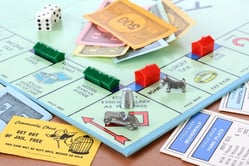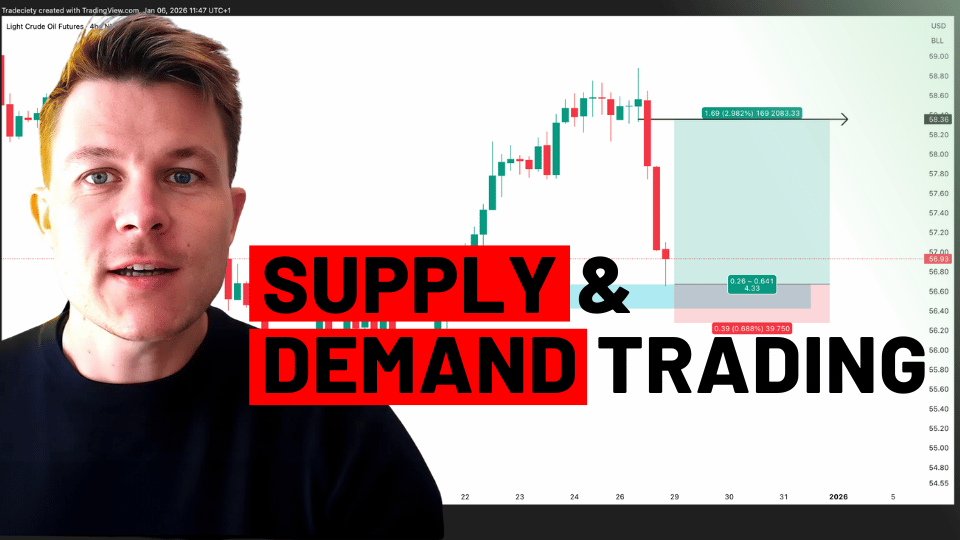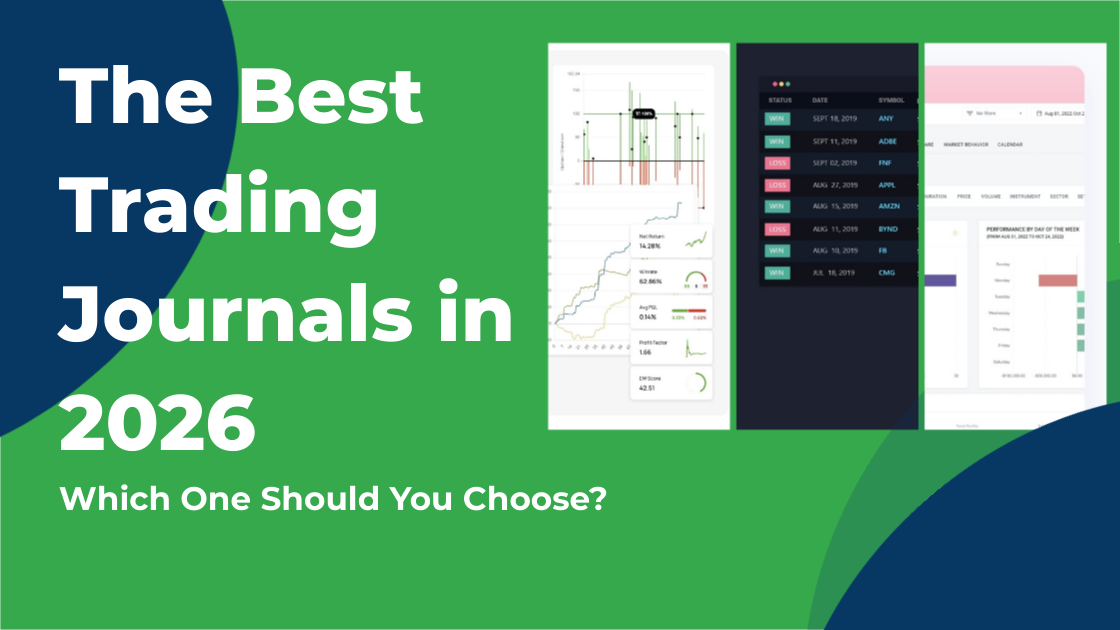Supply and Demand Trading in 2026
We have been trading supply and demand strategies for over ten years, and they have stood the test of time remarkably well. Supply and demand is...

 Demo-trading is usually seen as a way of verifying that you can make money with your trading strategy before you start trading your actual money. However, you will never be able to translate successful demo-trading into trading real money. The reason is simple. If there is no money on the line, you eliminate one of the most important variables that affect trading decisions: the psychological pressure of risking your own money! Demo-trading too long can even be dangerous for your overall development as a trader; there are three main reasons for that:
Demo-trading is usually seen as a way of verifying that you can make money with your trading strategy before you start trading your actual money. However, you will never be able to translate successful demo-trading into trading real money. The reason is simple. If there is no money on the line, you eliminate one of the most important variables that affect trading decisions: the psychological pressure of risking your own money! Demo-trading too long can even be dangerous for your overall development as a trader; there are three main reasons for that:
1) When your trading mistakes have no impact, you will not learn from them. Even worse, you might just say ‘oh, this was only a demo, I would never do this with my real money‘. So, what is the point of trading demo in the first place then?
2) A main reason why traders don’t make money is because they cut winners, while letting losers run. However, this effect only exists because of the money that is involved. When you are facing a potential loser, most traders do not see it as a real loss unless they have closed the trade. Therefore, they will average down, widen stops or even take off stop loss orders completely to delay the realization of a loss. On the other hand, when traders see that their trade is in profit, they fear that price may turn any second and eat up their profits and, therefore, close winning trades too early. There is no pressure in demo-trading and although it sucks to give back pips on demo, it does not really matter.
3) Demo-trading can create negative and bad behavioral trading patterns. When you demo-trade for too long and find yourself widening stop-loss orders regularly, you will carry over this behavior into trading real money. It is very hard to change bad trading patterns once you have used them for a long time, especially when you add the pressure of trading real money.
You cannot pretend and treat demo-trading like as if it is trading real money. Why? Because there is no money on the line and you KNOW that. Treating demo-trading as if it is real-money is like eating a Big-Mac and pretending it is a salad.
Demo-trading is not a complete waste, but you have to know what it is good for. Especially for new traders demo-trading is a great way to get a feeling of how ‘trading works’. You can familiarize yourself with your platform; try out all the different tools and buttons, without doing any damage to your account. Try out different tools, indicators or settings, watch how they behave, place some sample trades, see how position sizing works and observe what happens on the charts during a trading day.
Where a demo-account really comes in handy is when it comes to separating charting from execution. You could use a demo trading account for all your charting, following price and waiting until you get a signal, then you go over to your real money account, type in the parameters and execute your trade. Afterwards, close your real money platform and go back to your demo-platform. The reason behind this is that most traders screw up when they are watching their trades in real time and see their account balance going up and down with every tick. You are more likely to mess around with your trade when you are actually watching it. By separating execution from charting, you make it harder for yourself to mess things up and you create a more objective view of your trade.
Especially for absolute beginners, demo-trading is a must for a certain period of time. But once you have figured out how to use your trading platform, how stop loss and take profit orders work and how to correctly do position sizing, you shouldn’t spend too much time demo-trading.
You can’t learn how to drive a car by playing racing games for years; you have to actually get behind the wheel. HOWEVER, when you make the transition from demo to real money, you have to start slowly and be careful. Don’t go straight from demo-trading to trading a real money account that is too big for you. Make a slow transition and start with a small account and small positions to get a feeling for how it works. Build up confidence and trust in your abilities and your trading strategy.

We have been trading supply and demand strategies for over ten years, and they have stood the test of time remarkably well. Supply and demand is...

3 min read
Choosing the right trading journal is essential for traders wanting to analyze performance, refine strategies, and improve consistency. In this...

3 min read
“95% of all traders fail” is the most commonly used trading related statistic around the internet. But no research paper exists that proves this...